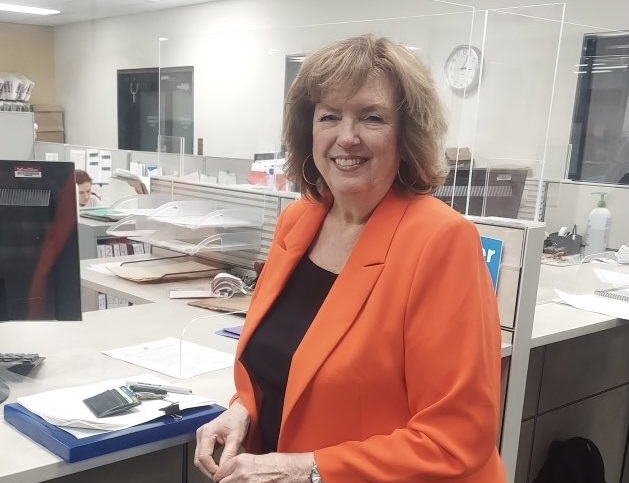Innocence Canada gets critical funding in fight for the wrongfully convicted
Posted December 13, 2016 12:34 pm.
Last Updated December 13, 2016 1:20 pm.
This article is more than 5 years old.
TORONTO – An organization that has helped exonerate more than 20 Canadians wrongfully convicted of serious crimes is receiving much-needed funding that will allow it to resume tackling new cases.
Innocence Canada, which said in September it was being forced to stop taking on new projects and was laying off some staff after the federal government refused to offer financial help, will receive $275,000 a year for three years from the Ontario government, provincial Attorney General Yasir Naqvi announced Tuesday.
In addition, the Law Society of Upper Canada has agreed to chip in $25,000 a year to help the organization stay afloat.
Debbie Oakley, executive director of Innocence Canada, said in an interview Tuesday that Naqvi had expressed concern about the dramatic scaling back of the group’s work and wanted to help.
“We were relieved and delighted,” Oakley said of the new money. “It’s sinking in now that it’s a reality.”
The organization still needs to find another $150,000 a year in charitable donations and will still take a hard look at its operations, such as how to move faster on cases, Oakley said.
Formerly known as the Association in Defence of the Wrongly Convicted, Innocence Canada is the country’s only full-time non-profit organization that delves into potential wrongful convictions independent of government or universities. Lawyers currently donate about $3.5 million a year in free time to the complex cases but some of that work needs to be brought in-house, Oakley said.
In announcing the funding, Naqvi said the organization is important for access to justice.
“Innocence Canada plays an important role in our justice system by advocating for people who may have been wrongfully convicted but cannot afford a lawyer,” Naqvi said in a statement.
Established in 1993, the organization has tackled cases that have made headlines, both for their notoriety and for the fact that the wrong person was accused or imprisoned. Among its 21 exonerations of wrongly convicted are:
— David Milgaard, who spent 23 years in prison for the 1969 rape and murder of Saskatoon nurse Gail Miller;
— Guy Paul Morin, who lived under a cloud for 10 years, including 18 months in prison, for the 1984 murder of Chistine Jessop, 9, of Queensville, Ont.;
— William Mullins-Johnson, who spent 12 years in prison for raping and smothering his niece Valin, 4, of Sault Ste. Marie, Ont., in 1993;
— Steven Truscott, who spent 10 years in prison for the 1959 murder of Lynne Harper, 12, of Clinton, Ont.
The organization also has 85 other cases across Canada under review but said in September it had run out of money to take on new ones and would have to cut staff and possibly vacate its Toronto offices. The measures followed months of fruitless discussions with the Liberal government of Justin Trudeau.
The nine-month working layoff notices issued to staff remain in effect although that could change.
“This support will allow us to continue the vital work of providing legal services to people who may have been wrongfully convicted of a crime and need our special expertise to root out fresh evidence, obtain expert opinions and write very specialized briefs,” Russell Silverstein and Ron Dalton, the co-presidents of Innocence Canada said in a statement.
Paul Schabas, treasurer of the Law Society of Upper Canada, Innocence Canada is needed because the system is not “infallible”










